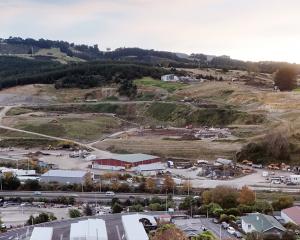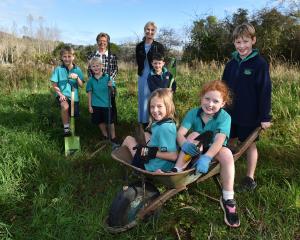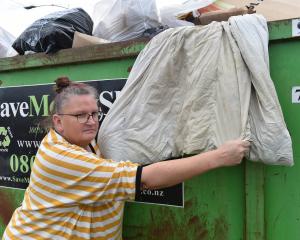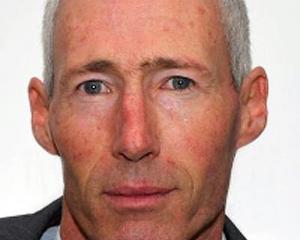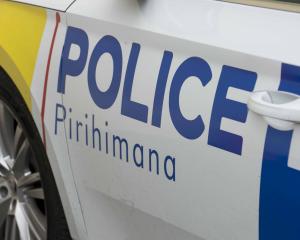A range of rehabilitation programmes is available to offenders with violence, alcohol or drug issues. In the third of a series profiling the different sentences handed down by the court system, reporter Damian George looks at some of the programmes and talks to one person who has vowed never to reoffend.
Having a 7-month-old daughter, and the benefits of counselling, have provided the motivation for one Dunedin offender to stay out of prison.
The 25-year-old man, who did not want to be named, is serving one year's intensive supervision for reckless driving and two charges of assault.
One of the assaults was with a car and the other was with a wheel brace, he says.
The man, who has just completed a six-week short rehab programme (SRP) at the Dunedin Central Community Corrections centre as part of his supervision sentence, had been no stranger to jail.
But with the insight into his behaviour gained as a result of the counselling, he has now decided it is time to stop the cycle.
''I kind of had to settle down anyway, because of my daughter. She's my main focus now,'' he says.
''I used to not care. I'd go to jail and get a free gym membership for six months, my clothes got cleaned, I got fed.
''But my priorities have changed.''
The SRP course is one of the department's programmes aimed at educating people about their offending and what is driving it or, as the offender says, ''pretty much telling you what you already know, but you've forgotten''.
The course involves four sessions a week for six weeks, with fortnightly sessions for another six weeks after that.
The skills he has learnt, as well as the motivation his daughter provides, should lead to the end of his offending, he says.
Aside from departmental programmes, offenders on supervision can be ordered to complete anti-violence, drug and alcohol or drink-driving programmes run by outside organisations, Community Corrections service manager Coyla Cameron says.
The courses are referred to as ''special conditions''.
Anti-violence courses are run by Stopping Violence Dunedin and Tikanga Maori and take between 12 and 20 weeks to complete, Ms Cameron says.
Drug and alcohol programmes are run by the Southern District Health Board's Community Alcohol and Drug Service (Cads), Mirror Counselling Service, Moana House and the Salvation Army residential bridge programme.
The Methodist Mission began providing drink-driving counselling just last week, along with Moana House.
The sessions can be one-on-one, or with a group, and the length of the programmes are often determined by the risk an offender poses to the community, although many have a set timeframe, Ms Cameron says.
The department is responsible for assessing organisations' reports about offenders and the treatment they are providing.
It is a challenging, rewarding assignment, Ms Cameron says.
''Apart from keeping the community safe, it's about being able to give people second chances,'' she said.
Offenders on supervision report to the central Dunedin centre as often as the department requires, usually weekly to begin with, Ms Cameron says.
Offenders on intensive supervision must report weekly for the first three months, then as often as the department decides.
Those offenders will complete at least two counselling programmes, Ms Cameron says.
There are 334 offenders in the Otago district (which includes Dunedin, South Otago, Oamaru and Timaru) on supervision, and 95 on intensive supervision.
Of those, 39 are registered for anti-violence programmes, 80 for drug and alcohol counselling and six for drink-driving counselling.
Twenty-seven people have completed the short rehab programme so far this year and another 10 have completed a short motivational programme.
The department is also responsible for reporting to the parole board.
Those reports include information on what rehabilitation a prisoner has done, what they still need to do and their risk to the community.
''People typically serve half to two-thirds of their [prison] sentence, but they could appear before the parole board before that time,'' Ms Cameron says.
Offenders released from prison before their sentence ends are subject to supervision for the remainder of that sentence, as well as any additional time the parole board decides.
Parole is available to offenders sentenced to two or more years in prison, Ms Cameron says.
Release conditions, outlined by a judge at the time of sentencing, are available to prisoners with a sentence of less than two years.
Those conditions can include not associating with people such as victims or co-offenders, residence conditions or seeing a departmental psychologist.
There are 142 people on parole in the Otago district and 228 on release conditions.






